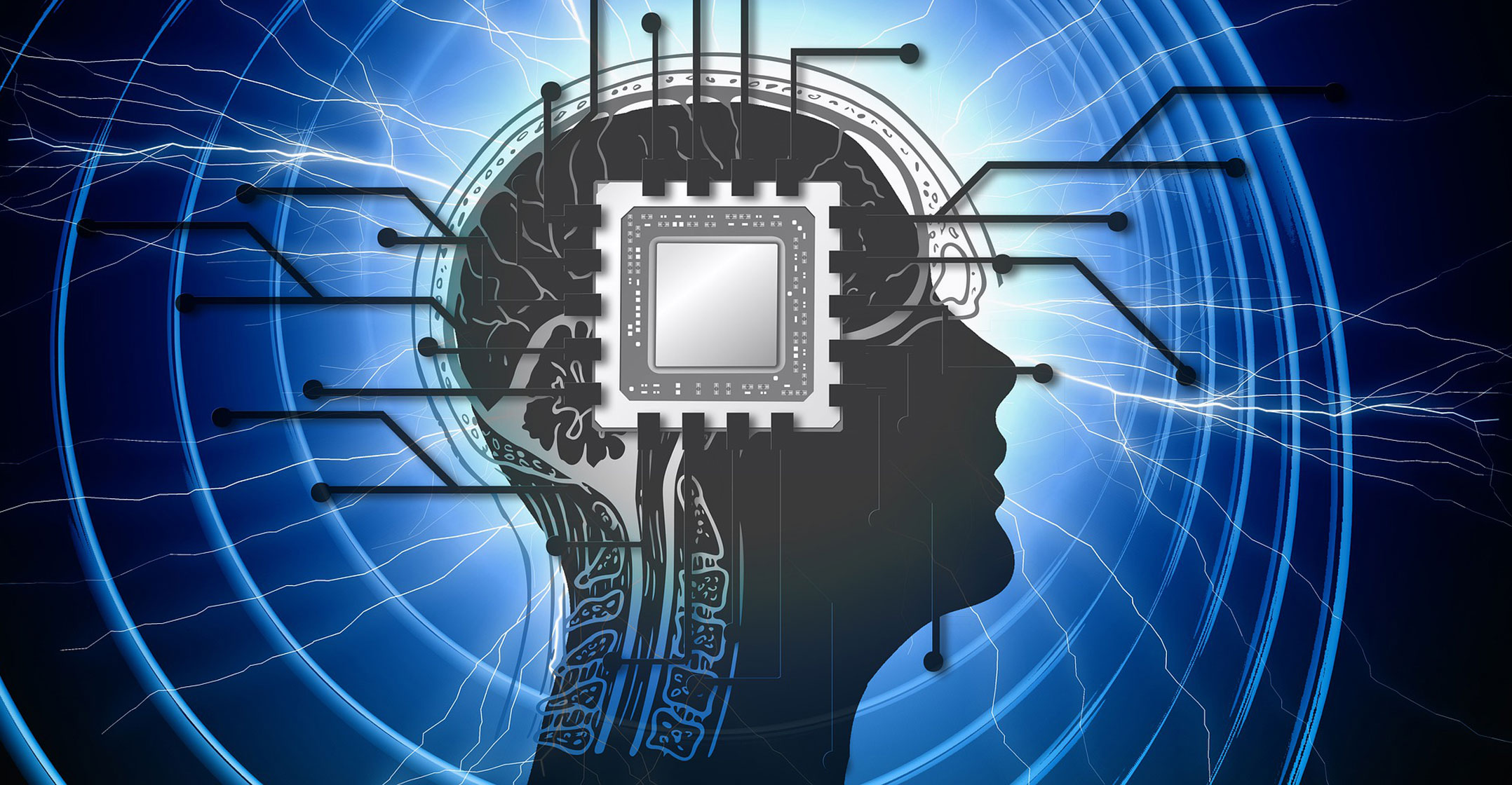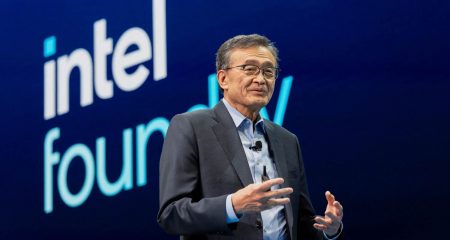 Intel has bought Habana Labs, an Israeli start-up that develops chips for artificial intelligence applications, for about US$2-billion to bolster its efforts in the fast-growing market for AI silicon.
Intel has bought Habana Labs, an Israeli start-up that develops chips for artificial intelligence applications, for about US$2-billion to bolster its efforts in the fast-growing market for AI silicon.
The purchase is the latest in a string of acquisitions aimed at making Intel’s offerings essential to some of the biggest buyers of silicon and fending off rising competitors. Companies such as Google and Amazon.com’s AWS are increasingly designing their own chips to manage the explosion of information flowing through their data centres using techniques such as machine learning.
Intel’s central processing units still handle the vast majority of data created by Internet traffic. But the company is facing customers and rivals that are trying non-standard approaches using different types of chips. The biggest chip maker in the US has responded by acquiring some of the semiconductor start-ups that threaten the stranglehold Intel has with its Xeon range, a product that has been dominant for more than 20 years.
“This is an early-stage market that’s growing incredibly fast,” said Navin Shenoy, the head of Intel’s data centre unit. “At this point we have a relatively small share. We’re going to be aggressive going after this.”
The market for the new way of handling data is only just getting going and represents a huge opportunity for the industry, according to Shenoy. While three-year-old Habana has only just delivered its first chip, Intel saw the chance to acquire a pool of talented engineers and jumped at it, he said.
Independent
Habana’s products are aimed specifically at large data centres where they chain together other semiconductors to create more powerful processing capabilities. The company has about 180 employees. For now, it will remain independent with its leadership reporting to Shenoy, he said.
Intel said it expects to generate more than $3.5-billion in AI-driven revenue this year, up more than 20% from a year earlier. The company is seeking to expand in other products as demand for PC chips slows. Intel said on Monday that it expects the AI silicon market to exceed $25-billion by 2024.
Habana will remain based in Israel, where Intel also has operations and investments, the company said. Intel Capital was previously an investor in Habana. — Reported by Ian King, (c) 2019 Bloomberg LP




